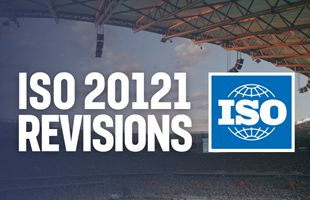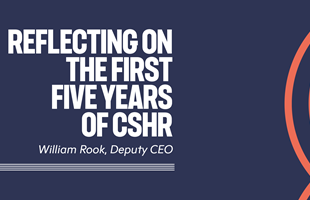UK National Plan on Sport and Recreation

In January 2021, the Centre for Sport and Human Rights submitted evidence to the UK House of Lords Select Committee for a National Plan on Sport and Recreation on behalf of the All-Party Parliamentary Group on Sport, Modern Slavery and Human Rights. The call for evidence explored several questions, including how to encourage people of all ages and all backgrounds, including those of often under-represented groups such as women and girls to lead more active lifestyles. The Centre’s submission touched on a number of issues, including the need for sport and sport governance to be more diverse, the need for sport to be a safe, harm-free environment for all, especially children, and the inequalities that exist not just in grassroots sport, but also at elite level.
As last week marked International Women’s Day on 8 March, it is important to recognise the great strides women’s sport has made – the past several years have seen an increase in demands for pay equality, more women have been included in the governance structures of many UK sport federations, and broadcasting deals and viewership numbers are beginning to reflect increased attention on women’s sport. However, this is juxtaposed with the fact that more than half of professional sport clubs in England still do not have a single woman on their Board, in most sports prize money remains unequal, and at lower levels, women and girls do not have the same opportunities to access sport as their male peers. All of this has been exacerbated by the Covid-19 pandemic which has seen a significant decrease in women’s physical activity levels and which has seen major cuts to women’s sport.
This lack of progress on gender equality and other issues was a key factor in the Centre deciding to write this submission. The main message of the submission to the Select Committee was thus: Any National Plan on Sport and Recreation should be created to encourage, support and incentivise fair and equal treatment within sport, including equal access to sporting opportunities.
Key recommendations included:
- Continue to push for gender equality in sports governance, but recognise that this is not the only form of diversity, and consider how to avoid reinforcing this thinking if and when implementing quotas and targets
- Set minimum standards for diversity on Boards of national sports bodies, prioritising those entities that receive government funding
- Track who is using what when it comes to public spaces and logging this information in a central database. MPs should also consider whether it is possible to look at this information in their local constituencies. They should ask questions such as:
- Who is using the school fields? Is it equal? If not, why not?
- How often do the girls’ and boys’ teams play? In other words, do the boys play in a regular league while the girls simply play in a one-off tournament?
- Who uses parks and community centres? Are there facilities there for everyone to use? Are the facilities accessible?
- Where are parks and community centres located? Are they in wealthier areas? Do all have equal access to them?
- Who uses stadiums? Both in terms of the teams playing in the stadiums and the fans attending?
- Set minimum standards for ensuring equal access to sporting opportunities, and incentivise this with funding
- Establish data reporting mechanisms to begin to capture and measure sporting opportunities using metrics including gender, but that also looks at race, sexual orientation and level of ability to start with
- Give equal priority to both men’s and women’s sport, particularly where both disciplines receive government funding



